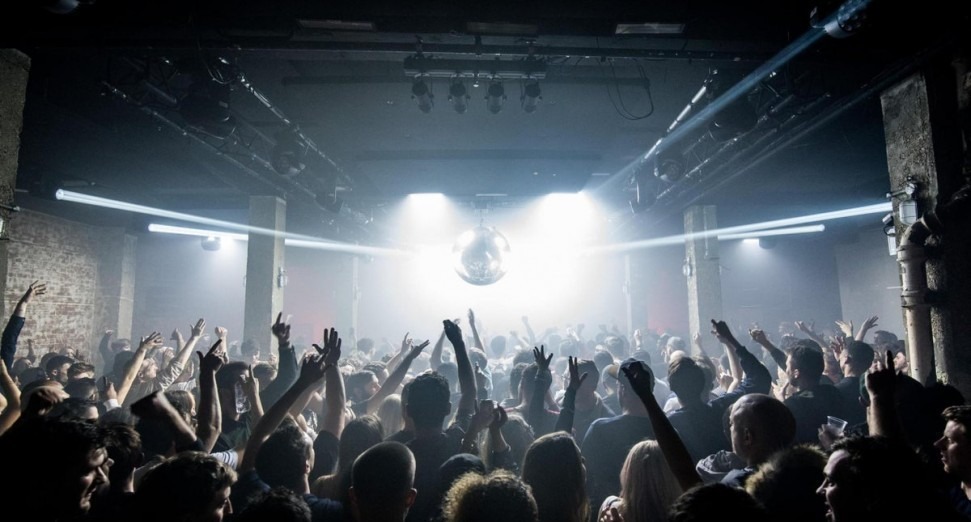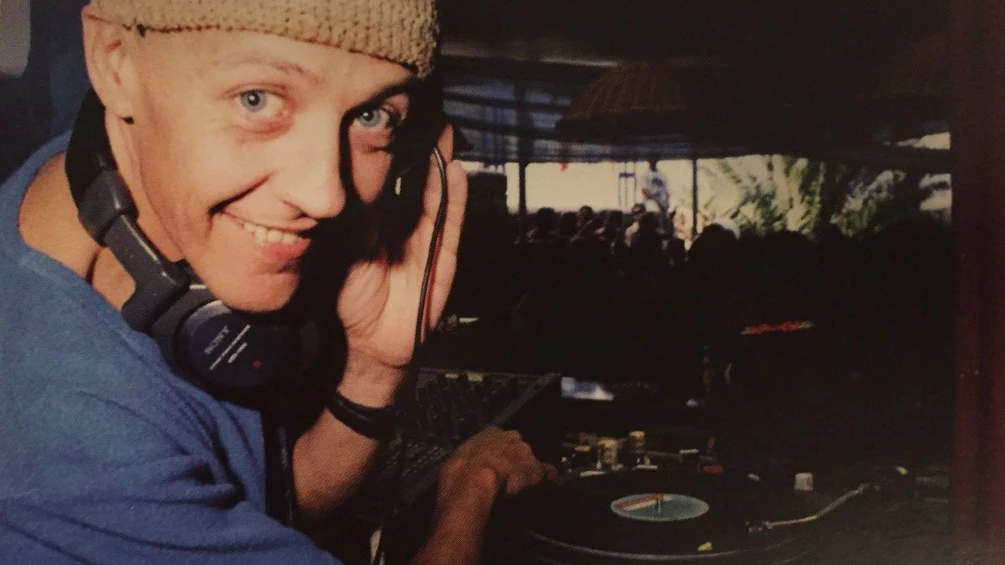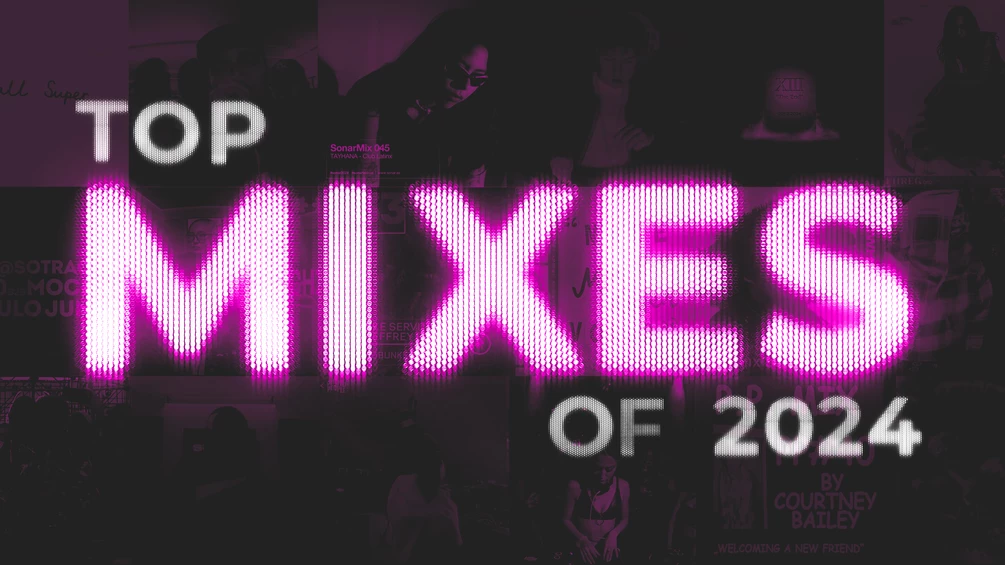
Clubs to close in Wales due to new Covid-19 regulations
News
Nightclubs in Wales are set to close as COVID-19 infection rates continue to increase across the United Kingdom.
The country is currently experiencing a rapid rise in cases as a result of the new highly-transmissible Omicron variant. Welsh First Minister Mark Drakeford made the announcement on Thursday 16th December, with venues set to be shuttered from 27th December in a bid to curb the spread of the virus. Currently, there are no confirmed plans for similar closures in England or Scotland.
“This year a smaller Christmas is a safer Christmas. The fewer people we see, the less chance we have of catching or passing on the virus,” said Drakeford. “We are closing nightclubs because of our anxiety about super-spreader events.
“We know that Omicron, in particular, thrives in places where there is close contact between people, and that is the nature of a nightclub,” he continued. “It is not the same way as pubs. I am told people go to nightclubs to get up and personal.”
At the time of writing, there has been no confirmation of financial support packages for businesses impacted, and the nightlife sector has responded with outrage at the decision — with the move meaning New Year’s Eve and New Year’s Day parties, traditionally two of the biggest dates in the annual calendar, will no longer be able to go ahead.
Michael Kill, of the Night Time Industries Association (NTIA), appeared on BBC Radio Wales this morning, Friday 17th December, to convey feelings in the sector, explaining there was a lot of “anger” about this latest step. He also said many venue owners felt they had been unfairly targeted.
“The industry is astounded by the announcement by Welsh Government. There is a lot of anger and frustration,” said Kill. “We have supported the public health strategy in Wales for almost two years — closures, debts, we’ve implemented Covid passes and lateral flow testing, which has been going very, very well in terms of the implementation, although it had lost us some trade… So now these further restrictions, as far as we’re concerned, is a step too far. Our concern is there is no evidence that nightclubs are more transmissible than other settings.
“If we’re doing Covid passports — which are suggested by the government as a protection measure — why are we then drawn again to a closure and have been singled out, or marginalised, or targeted? So it’s hugely frustrating and angering for many, many people who run these types of businesses across Wales,” he continued, before going on to cite the heavily regulated nature of nightclubs and misleading information regarding the lack of ventilation in many venues, while reiterating the use of Covid passports and lateral flow tests.
There are now concerns that, with a lack of licensed spaces to party in, revellers in Wales will look to unregulated settings to mark the end of 2021 and the beginning of 2022. Last winter, the first in the ongoing pandemic, authorities in the UK were warned by the NTIA that millions of people could attend illegal raves on New Year’s Eve because there were no alternatives. Earlier this year, it emerged that UK Home Secretary Priti Patel used false data about the number of raves taking place while the country was in lockdown, allowing her to increase policing powers.





